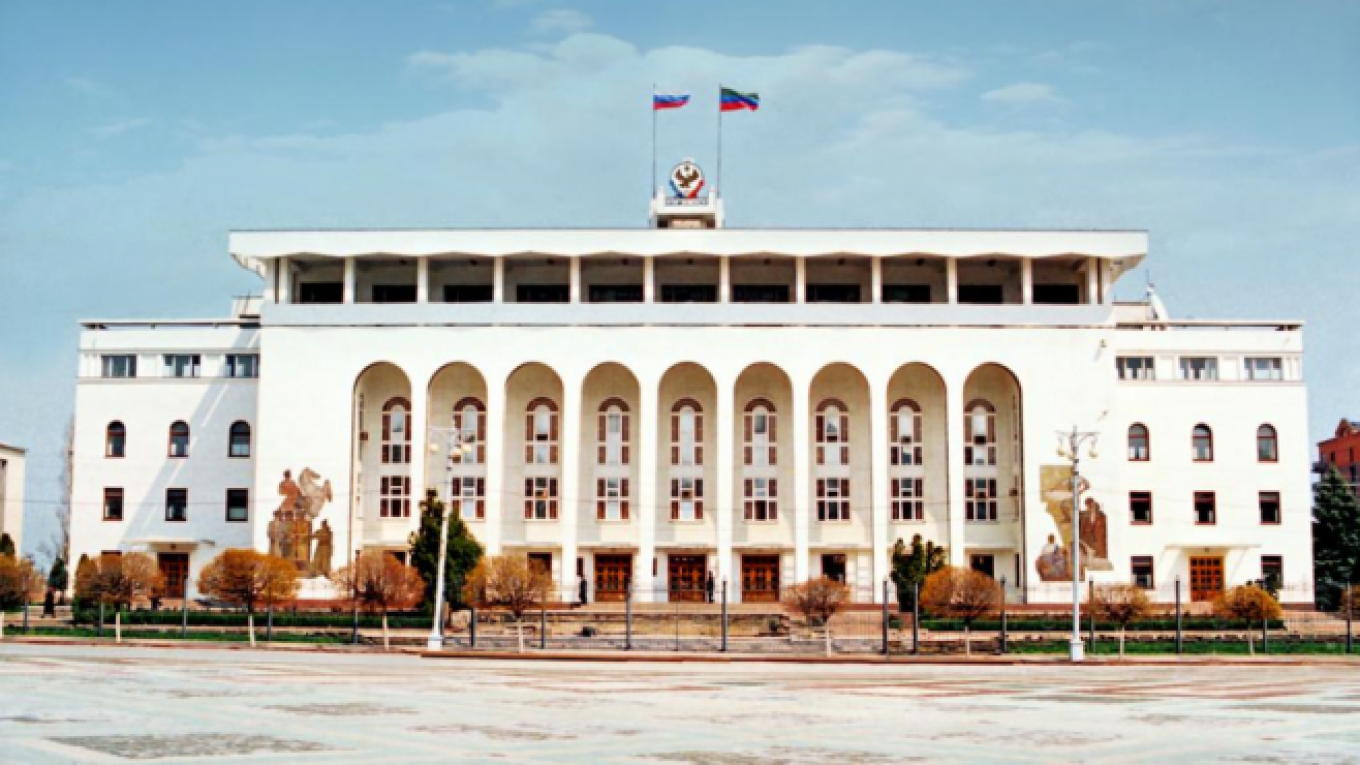Russia's counterinsurgency operations in its restive North Caucasus republic of Dagestan have been marred by grave human rights violations, according to a report published Thursday by international advocacy group Human Rights Watch.
The organization's 97-page report, based on interviews with some 80 people affected by Islamic militancy in Dagestan, presented Russia's "abusive" response to the issue, as well as the crimes committed by militants between 2012 and 2014.
Human Rights Watch accused Russian law enforcement of treating Salafis — adherents of Salafism, a fundamentalist movement within Sunni Islam — as criminal suspects indiscriminately, often without an individual basis for suspicion.
According to the advocacy group, police have put Dagestan's Salafis on watch lists known as "Wahhabi" registration lists, a term used pejoratively by the authorities to designate the group. Salafis have been questioned without reason, as well as fingerprinted and photographed. The organization also claimed that some members of the group were forced to undergo DNA sampling.
Human Rights Watch said that law enforcement officers have displaced civilians, destroyed their property and in extreme cases, blown up the homes of the families of suspected insurgents under the pretext they were detonating explosives being stored there. The organization has also recorded allegations of torture and enforced disappearances.
"Counterinsurgency operations may well be warranted to protect the public, but what is never warranted is for security forces to conduct these operations without regard for human rights standards," Tanya Lokshina, director of Human Rights Watch's Russia program, said in a statement Thursday.
Lokshina also said that the current situation marginalized Dagestan's Salafi community and fostered mistrust of the group within Russian government, a situation that threatens to incite extremism among adherents.
Rights organizations and independent media outlets documented a 10-day law enforcement operation in the village of Gimry in 2013, which resulted in the displacement of villagers and the destruction of their homes. Video footage from Gimry in the aftermath of the raid showed piles of rubble where homes had previously stood. Human Rights Watch claims that reporters and human rights activists had been barred from visiting the village for weeks following the intervention.
A similar operation was reportedly carried out in the village of Vremenny last year.
Human Rights Watch's report also noted that human rights activists and journalists working to defend Salafis and other groups targeted by the counterinsurgency operations have often faced serious threats.
The advocacy group also had harsh words for the insurgents whose violence prompted the response from law enforcement authorities, condemning attacks that had targeted civilians, soldiers and police officers.
In the first three months of this year, armed conflict has led to the deaths of 28 people in Dagestan, according to the Kavkazsky Uzel (Caucasian Knot) news site. Twenty-four of the victims were accused of being part of an illegal armed group.
Kavkazsky Uzel reported that 208 lives were claimed by insurgency and counterinsurgency efforts in Dagestan last year, making it the deadliest of Russia's North Caucasus republics.
Human Rights Watch recommended that Russia promptly investigate all allegations of abuse and ensure that counterinsurgency operations are conducted in accordance with international human rights standards. The organization also called on Russia to allow representatives of the United Nations to visit Dagestan and make moves toward improving the work climate for the republic's human rights activists, lawyers and journalists.
Contact the author at g.tetraultfarber@imedia.ru
A Message from The Moscow Times:
Dear readers,
We are facing unprecedented challenges. Russia's Prosecutor General's Office has designated The Moscow Times as an "undesirable" organization, criminalizing our work and putting our staff at risk of prosecution. This follows our earlier unjust labeling as a "foreign agent."
These actions are direct attempts to silence independent journalism in Russia. The authorities claim our work "discredits the decisions of the Russian leadership." We see things differently: we strive to provide accurate, unbiased reporting on Russia.
We, the journalists of The Moscow Times, refuse to be silenced. But to continue our work, we need your help.
Your support, no matter how small, makes a world of difference. If you can, please support us monthly starting from just $2. It's quick to set up, and every contribution makes a significant impact.
By supporting The Moscow Times, you're defending open, independent journalism in the face of repression. Thank you for standing with us.
Remind me later.






